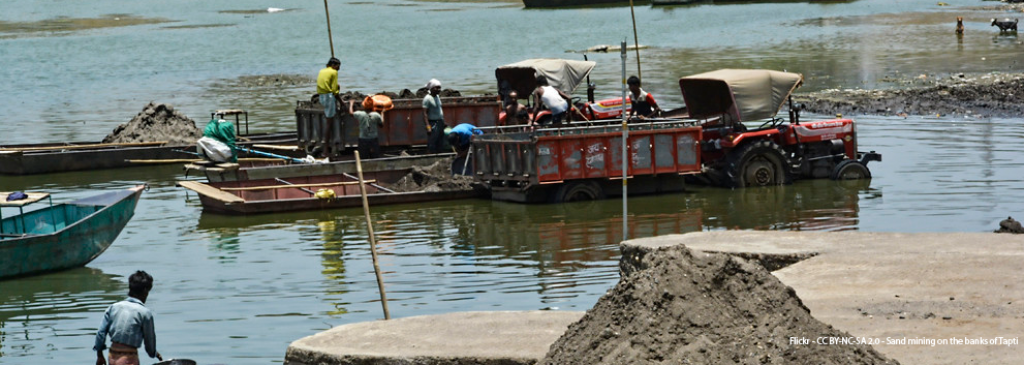The project explores the dynamics of sub-national politics in the mining sector in India, and their effects on socially and ecologically sustainable mining governance.
The mining sector in India contributes $850 million to the state treasury per year, but fails to benefit communities affected by its activities. They suffer serious social and ecological harm due to forced displacement, expropriation and destruction of livelihoods. Mining areas have experienced violent conflict and legal disputes along with protracted struggles for land and forest rights. This general pattern is replicated in the mining sectors of countries around the world.
In response, policymakers have recently promoted decentralized and multi-stakeholder governance of mines. India is no exception, recently mandating in law the District Mineral Foundation (DMF) – a vehicle to collect a percentage of mining revenue for the direct benefit of affected communities, and which those communities are supposed to govern in conjunction with the company and other local stakeholders.
The project ethnographically studies the implementation of DMFs to reveal how they are refracted through subnational rentier politics so endemic to the mining sector –which is essential to understanding how decentralized governance of the sector might work. The project will produce a monograph on the politics of DMF implementation in India, and a special issue on comparative experiences with subnational mining governance.
The project asks: given that mining operations occur in complex and varied local contexts, can companies and communities meaningfully collaborate in decentralized mining governance? Do DMFs mediate the company-community relationship, or do they reproduce and intensify patterns of regulatory and state capture?
The project was initiated through a small grant from the Knowledge Platform on Security and the Rule of Law, which was conducted in partnership with Setu Ahmedabad and the Mines, Minerals & People NGO network.




